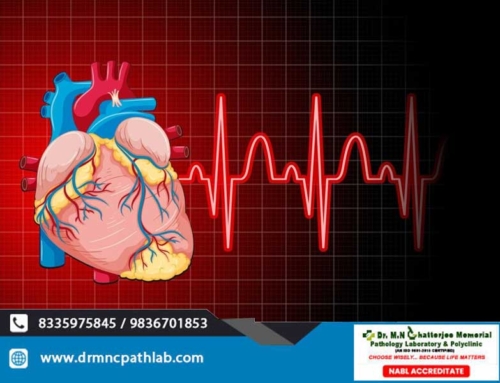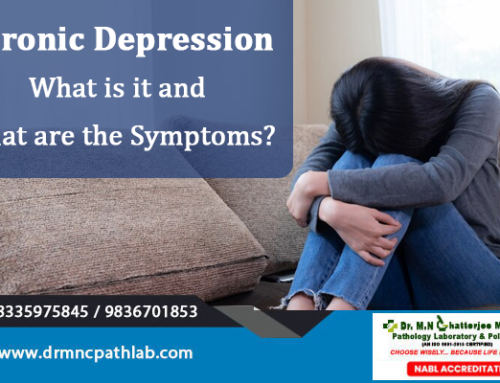A parasite is the cause of malaria. The infected mosquitoes transmit this parasite in our bodies when they bite us. People usually have a high fever and shaking chills while they have malaria. Malaria affects a large number of people every year and many of them die from the disease. In tropical and subtropical countries, malaria is very common. You should wear protective clothing, use insect repellants and sleep under mosquito nets if you want to remain safe from malaria.
Symptoms
The following are some signs and symptoms of malaria infection:
- Fever
- Headache
- Chills
- Sweating
- Nausea and vomiting
- Muscle pain and fatigue
- Pain in the chest or abdomen
- Cough
There are often cycles of malaria attacks in some people who suffer from malaria. There are sudden shivering and chills at the beginning of an attack. Then there is a high fever and sweating and after that, the normal temperature comes back. Within a few weeks after being bitten by an infected mosquito, malaria signs and symptoms normally begin. However, for up to a year, some types of malaria parasites can remain dormant in your body. Consult a doctor at the best polyclinic in Uttarpara if you feel the symptoms of malarial.
Causes
A type of microscopic parasite is the cause of malaria. When mosquito bites, humans normally get infected by the parasite. The total cycle somewhat goes like the following:
- Uninfected mosquito. While feeding on a person who has malaria, a mosquito gets infected.
- Transmission of the parasite. This mosquito can transmit malaria parasites to you if it bites you in the future.
- In the liver. The parasites travel to your liver after entering your body. For as long as a year, some types of parasites can remain dormant.
- Into the bloodstream. The parasites leave the liver and infect your red blood cells after becoming mature. The malaria symptoms normally develop in people at this time.
- On to the next person. At this point in the cycle, if an uninfected mosquito bites you, the malaria parasites will infect it. After that, when the mosquito bites other people, it can spread the parasites to them.
The risk of malaria becoming more severe is there in older adults, young children and infants, travellers coming from areas with no malaria and pregnant women and their unborn children.
Complexities
In many cases, malaria can lead to death by causing one or more complications. These include:
- Cerebral malaria. There can be swelling of your brain or brain damage if parasite-filled blood cells block small blood vessels to your brain. There can be seizures and coma.
- Breathing problems. You may have difficulty in breathing as fluid accumulates in your lungs.
- Organ failure. Your kidneys or liver can fail to function properly or your spleen can rupture due to malaria. These conditions are life-threatening.
- Anaemia. Red blood cells get damaged due to malaria and this can lead to anaemia.
- Low blood sugar. There can be low blood sugar due to several forms of malaria and also due to quinine, which is normally used to treat malaria. Coma or death can happen because of very low blood sugar.
Diagnosis
You have to go for blood tests on the instruction of your doctor. For these tests, you can visit any of the diagnostic centres in Uttarpara. The doctor can diagnose malaria only through blood test results. The results show whether the parasite is present in the blood, which type of malaria parasite is it and whether the parasite is resistant to drugs. Some blood test results also show if there are complications due to the disease.
Treatment
The doctor will prescribe certain drugs to kill the malaria parasite. The different factors on which the types of drugs and the treatment duration depend are the severity of your symptoms, your age and the type of the parasite in your body. In the case of a woman, the doctor will also check whether she is pregnant or not. Some of the antimalarial drugs are artemisinin-based combination therapies (ACTs) and chloroquine phosphate.






